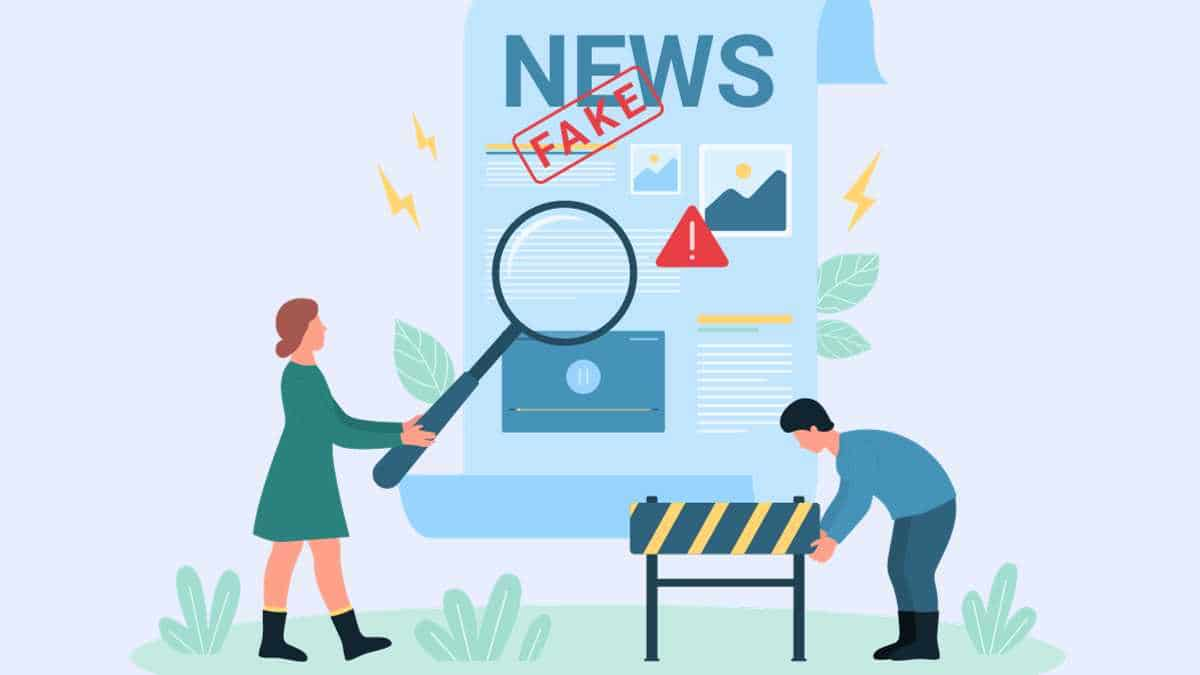When it comes to dealing with disinformation, relying exclusively on trust or distrust mindsets isn’t the most successful strategy. While trust frequently leads to the acceptance of erroneous information and distrust can serve as a barrier against it, both mindsets have limitations.
Professor Ruth Mayo of the Hebrew University of Jerusalem offers a novel take on the cognitive processes that influence our vulnerability to erroneous information. Her detailed examination includes a proposal or an alternative mindset — the Cartesian mindset — which encourages individuals to critically evaluate information for accuracy without automatically accepting or rejecting it.
This evaluative approach has demonstrated promise in distinguishing between true and false information, providing a more effective strategy for combating disinformation.
“While trust is commonly viewed as the default mindset leading to belief in disinformation, our review highlights that mindsets, be it trust or distrust, aren’t absolute. They are highly contextual,”
Prof. Mayo said.
Pervasive Truth Bias
The review, titled “Trust or Distrust?” Neither! The Right Mindset for Confronting Disinformation” is a nuanced examination of how mindsets influence our beliefs and responses to information.
Professor Mayo investigates the pervasive truth bias, a tendency to accept information as true, and its significance in the context of trust. This bias, which is frequently regarded as the core reason of accepting misinformation, is contextual and subject to change depending on mentality.
According to the review, while a distrusting attitude helps protect against unthinking acceptance of disinformation, it paradoxically pushes people to adopt alternative and potentially misleading narratives. This dual effect highlights the difficulty of tackling disinformation purely through trust or distrust mindsets.
“Both trust and distrust mindsets present limitations when dealing with disinformation. The answer lies in a different approach: the Cartesian mindset,”
Prof. Mayo explained.
Cartesian Mindset
Prof. Mayo’s proposed Cartesian mindset encourages people to think carefully before accepting or rejecting information and to critically assess its accuracy. This evaluative approach has shown promise in distinguishing between true and false information, reducing the propagation of disinformation, and promoting accurate evaluation without a predisposition to trust or distrust.
“We advocate for an evaluative mindset that prioritizes accuracy over the automatic classification of information as true or false. It’s about considering the content critically,”
Prof. Mayo said.
This review’s ramifications go beyond cognitive psychology, providing a fresh framework for combatting deception. Prof. Mayo’s insights pave the way for tactics and interventions that promote an evaluative mentality as a universally successful approach to information processing.
Abstract
A primary explanation for why individuals believe disinformation is the truth bias, a predisposition to accept information as true. However, this bias is context-dependent, as research shows that rejection becomes the predominant process in a distrust mindset. Consequently, trust and distrust emerge as pivotal factors in addressing disinformation. The current review offers a more nuanced perspective by illustrating that whereas distrust may act as an antidote to the truth bias, it can also paradoxically serve as a catalyst for belief in disinformation. The review concludes that mindsets other than those rooted solely in trust (or distrust), such as an evaluative mindset, may prove to be more effective in detecting and refuting disinformation.
Reference:
- Mayo, R. Trust or Distrust? Neither! The Right Mindset for Confronting Disinformation. Current Opinion in Psychology (2023). DOI: 10.1016/j.copsyc.2023.101779
